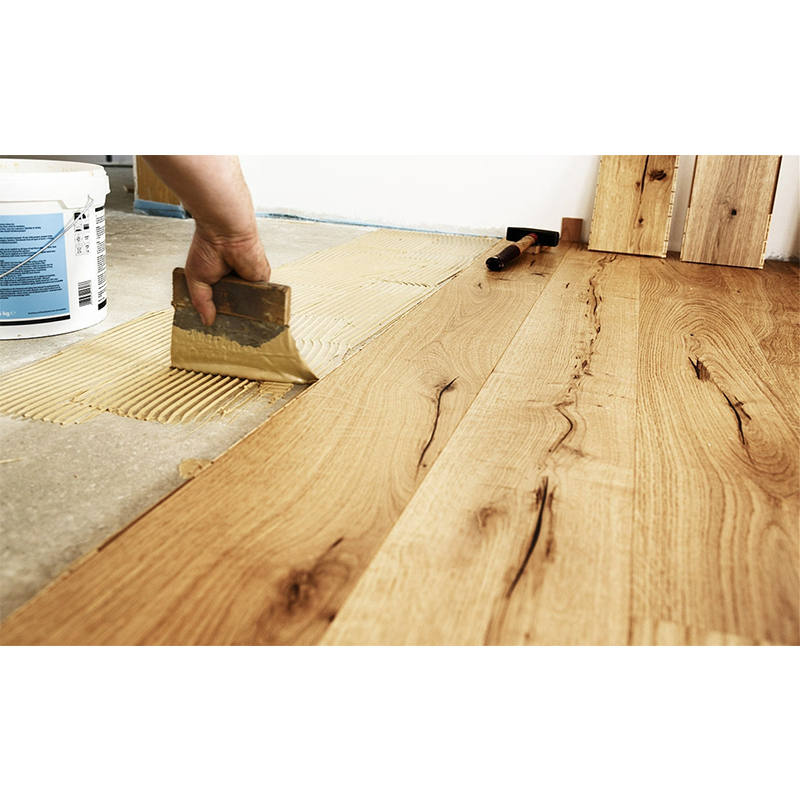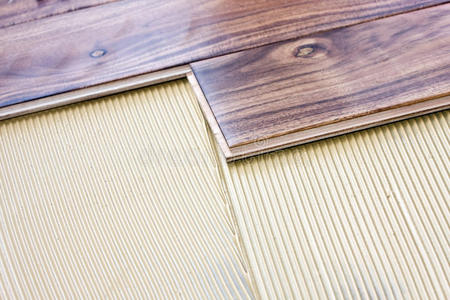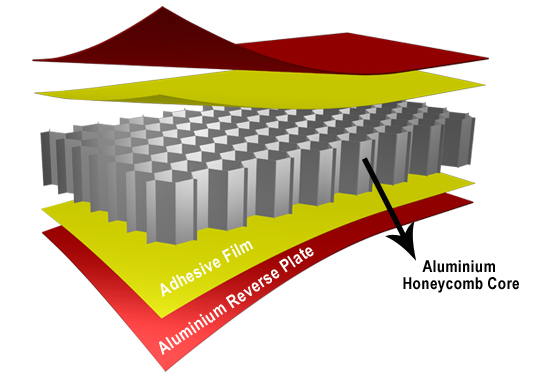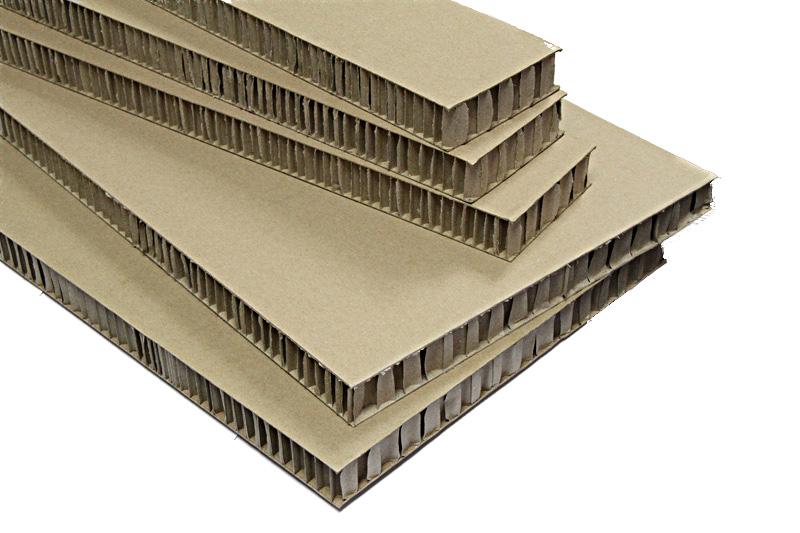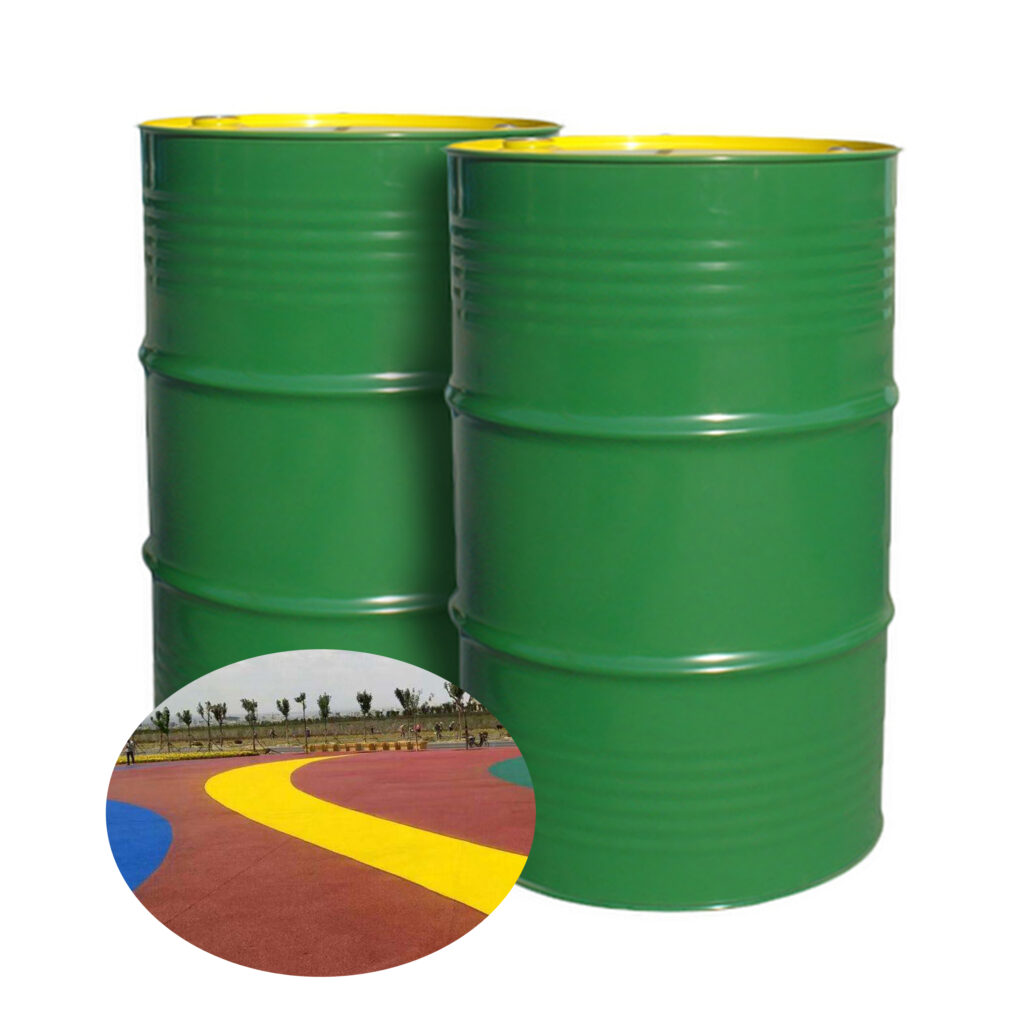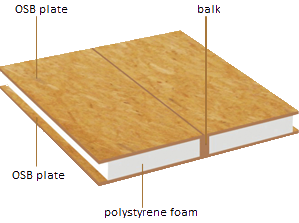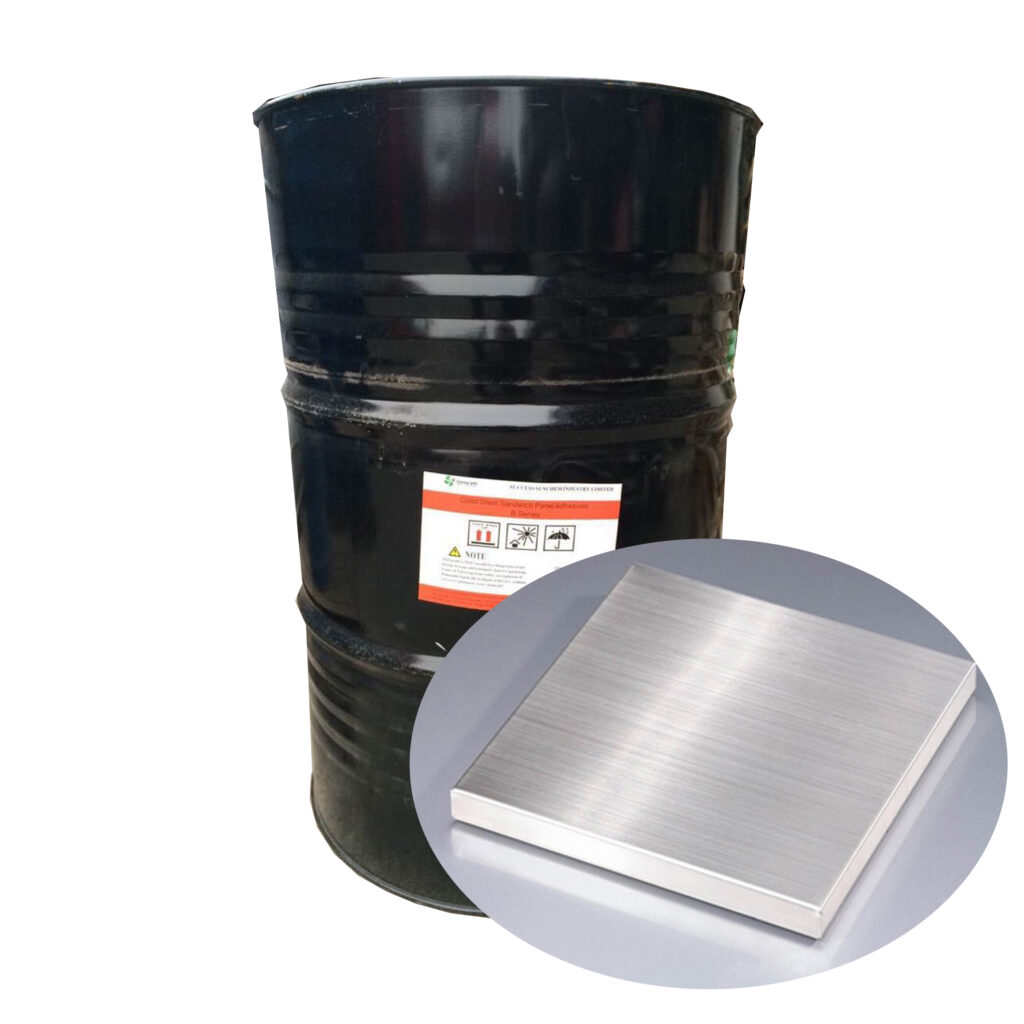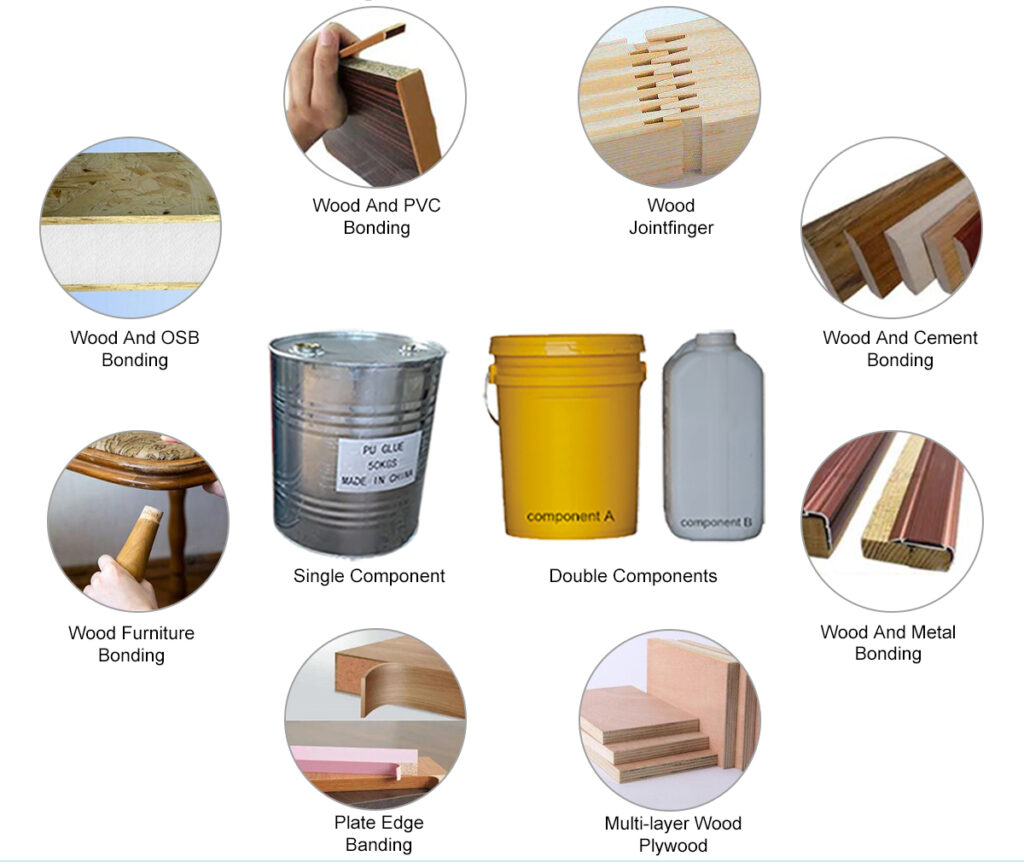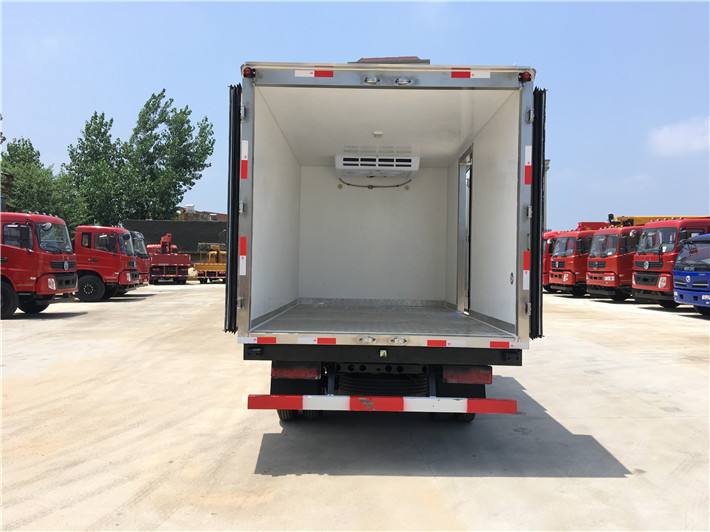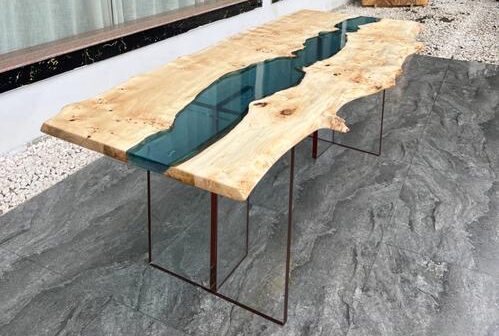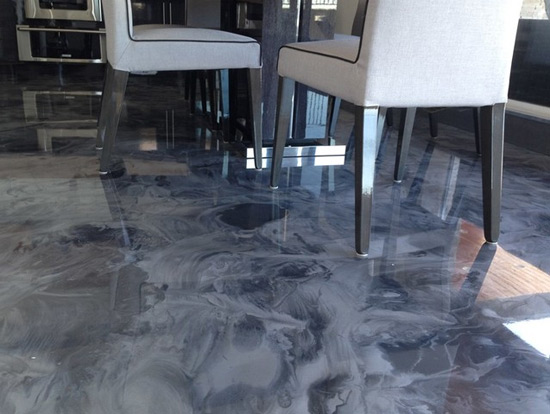Polyurethane Adhesive
A Versatile Bonding Solution
Polyurethane adhesive reigns supreme in modern industrial and household applications due to its outstanding characteristics, making it the preferred choice in various industries. Let’s delve into the application areas and features of polyurethane adhesive to uncover its excellence.
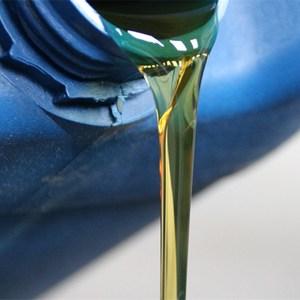
PU Adhesive For Floor
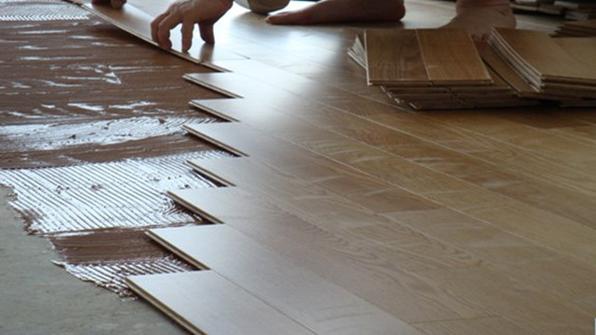
- Superior Bonding: In floor installation, polyurethane adhesive provides superior bonding performance, ensuring tight fixation of flooring materials and reducing the risk of cracking and loosening. Wear
- Resistance: Polyurethane adhesive withstands high traffic loads and daily wear and tear, maintaining the durability of the floor surface.
PU Adhesive For Honeycomb Panel
Structural Stability:
- Multi-Layer Bonding: Polyurethane adhesive is used to bond different material layers, ensuring the structural stability of honeycomb panels. This bonding method helps achieve high strength and rigidity.
- Lightweight Structures: By bonding a lightweight honeycomb core with sturdy external panels, polyurethane adhesive helps create a lightweight yet robust structure, reducing overall weight.
Time and Cost Savings:
- Efficient Manufacturing: The use of polyurethane adhesive simplifies the manufacturing process of honeycomb panels, reducing manufacturing time and costs. It allows for faster completion of stacking and bonding steps.
- Low Energy Consumption: Since honeycomb panels are inherently lightweight, using polyurethane adhesive helps reduce overall energy consumption, improving manufacturing efficiency.
Environmental Resistance:
- Moisture Resistance: Honeycomb panel applications often require resistance to humidity and wet conditions. The moisture resistance of polyurethane adhesive helps maintain bonding strength, unaffected by the corrosive effects of a humid environment.
- Temperature Variations: Honeycomb panels are used under various temperature conditions, and polyurethane adhesive can adapt to temperature fluctuations, unaffected by high or low temperatures.
PU Adhesive For Colored Pavement
Colored pavement is a surface coating used for roads, sidewalks, and parking lots, designed to provide aesthetics, durability, and distinguishability. Polyurethane adhesive offers unique features and advantages in colored pavement applications, ensuring high quality and long-term performance of the surface:
High Wear Resistance:
- Durability: Colored pavement often endures traffic impacts, vehicle loads, and pedestrian activity. The high wear resistance of polyurethane adhesive ensures that the coating remains strong and durable for an extended period.
- Reduced Maintenance Costs: Due to its wear resistance, colored pavement requires less maintenance, reducing both maintenance costs and frequency.
Color Retention:
- Long-Term Stability: Polyurethane adhesive in colored pavement helps maintain the brightness of colors and the long-term appearance stability, resisting the effects of UV rays, weather, and pollutants.
- Aesthetics: Vibrant colors and an attractive pavement enhance the appearance of roads and parking lots, increasing the overall environment’s attractiveness.
Chemical Resistance:
- Resistance to Chemicals: Polyurethane adhesive typically resists the invasion of oil, chemicals, and cleaning agents, protecting the pavement from chemical damage.
- Easy Maintenance: Colored pavement is less susceptible to chemical substances, making maintenance tasks easier.
Fast Curing:
- Quick Ready for Use: Polyurethane adhesive typically cures rapidly, allowing the coating to be put into service quickly, reducing traffic interruptions and production downtime.
- Project Efficiency: Fast curing contributes to improved project efficiency, reducing construction time and costs.
Anti-Slip Properties:
- Safety: Colored pavement typically requires good anti-slip properties to ensure the safety of vehicles and pedestrians. Polyurethane adhesive can be used to adjust the pavement’s slip resistance to meet safety requirements.
- Accident Prevention: Good slip resistance reduces the risk of traffic accidents, especially in wet and slippery conditions.
PU Adhesive For SIPs Panel
Structural Insulated Panels (SIPs) are composite materials composed of polyurethane foam core panels and external structural panels, widely used in the construction industry. Polyurethane adhesive plays a crucial role in SIPs applications, providing multiple advantages, including but not limited to the following:
Energy Efficiency and Insulation:
- Excellent Insulation Performance: The core material of SIPs is polyurethane foam, which possesses excellent insulation properties. Polyurethane adhesive ensures tight bonding of various layers of materials in SIPs, providing effective insulation performance and reducing energy consumption.
- Temperature Regulation: SIPs structures can better regulate indoor temperatures, reducing dependence on heating and air conditioning systems, achieving energy-saving effects.
Structural Strength:
- High-Strength Connections: Polyurethane adhesive is used to connect the foam core panels and external structural panels of SIPs, forming a high-strength composite structure. This connection method ensures SIPs have outstanding overall strength and stability.
- Wind Resistance: SIPs structures can resist strong winds and extreme weather conditions, providing excellent structural safety.
Construction Efficiency:
- Quick Installation: The fast-curing characteristics of polyurethane adhesive make the installation process of SIPs faster, reducing construction time.
- Modular Design: SIPs are typically designed in a modular manner, and the use of polyurethane adhesive simplifies the connection between modules, improving overall construction efficiency.
Lightweight Structure:
- Reduced Building Weight: The lightweight nature of polyurethane foam core panels helps reduce the weight of the building structure, lowering pressure on the foundation, especially suitable for soft soil areas.
- Easy to Transport and Install: Due to their lightweight characteristics, SIPs can be more easily transported and installed, reducing labor intensity during the construction process.
PU Adhesive For Metal Applications
In the realm of metal applications, especially in metal bonding and manufacturing processes, polyurethane adhesive plays a crucial role, offering a variety of outstanding advantages:
Multi-Material Connections:
- Bonding Metal with Other Materials: Polyurethane adhesive is a versatile bonding agent used for bonding metal with other materials such as glass, plastic, and wood, enabling effective connections across different materials.
- Innovative Design: Bonding different materials allows for more innovative designs and manufacturing, enhancing the multifunctionality and performance of products.
Corrosion Resistance:
- Metal Protection: Polyurethane adhesive typically exhibits excellent corrosion resistance, used for protecting metal surfaces and preventing oxidation and corrosion.
- Enhanced Durability: For metal products requiring long-term corrosion resistance, polyurethane adhesive enhances the durability and lifespan of the product.
High-Strength Connections:
- Metal Structure Bonding: Connections formed by polyurethane adhesive typically have excellent strength, ensuring the robustness of metal structures under loads and vibrations.
- Seismic Resistance: In metal structures requiring seismic performance, the use of polyurethane adhesive can enhance connection stability.
Temperature Adaptability:
- High-Temperature Stability: Polyurethane adhesive maintains stable performance in high-temperature environments, making it suitable for metal applications in high-temperature industrial settings.
- Low-Temperature Performance: Similarly, polyurethane adhesive retains connection strength in low-temperature conditions, suitable for metal products in cold environments.
The flexibility and versatility of polyurethane adhesive in metal applications make it an indispensable material in manufacturing and construction. Its excellent performance, including multi-material connections, corrosion resistance, high-strength connections, etc., allows metal products to meet complex design and engineering requirements.
PU Adhesive For Wood
Polyurethane adhesive plays a crucial role in wood applications, providing various advantages to wooden products by enhancing bonding performance and improving overall wood quality:
Strong Bonding:
- Wood Joinery: Polyurethane adhesive excels in wood joinery, forming strong bonds to ensure secure connections.
- Crack Reduction: Polyurethane adhesive can fill tiny cracks on the wood surface, improving the seal of the connection, preventing moisture infiltration, and slowing down the aging process of the wood.
Fast Curing:
- Efficient Production: Polyurethane adhesive typically cures rapidly, enhancing the production efficiency of wooden products and reducing the production cycle.
- Immediate Use: Wood connections can cure in a short time, allowing the product to be put into use more quickly.
High-Temperature Stability:
- Wood Baking: For wood that undergoes high-temperature treatment, polyurethane adhesive exhibits good high-temperature stability, ensuring that the connection is not adversely affected by the baking process.
- Deformation Prevention: In high-temperature environments, polyurethane adhesive helps reduce wood deformation and warping.
PU Adhesive For Refrigeration Panel
Refrigeration panel applications involve the use of special building materials for manufacturing cold storage rooms and refrigeration equipment. In this application, polyurethane adhesive plays a crucial role, providing various advantages for refrigeration panels:
Insulation Performance: Polyurethane adhesive is commonly used to bond the insulation material, such as polyurethane foam, in refrigeration panels. This material exhibits excellent insulation properties, effectively isolating internal and external temperatures to maintain a low-temperature environment within the cold storage.
Sealing and Waterproofing: In the assembly of refrigeration panels, polyurethane adhesive is applied to seal joints, preventing the penetration of air and moisture. This enhances the sealing performance of the cold storage, ensuring effective temperature maintenance during equipment operation.
Structural Strength: Polyurethane adhesive provides strong bonding when connecting the external surface materials of refrigeration panels. This connection ensures the overall structural strength and stability, allowing the refrigeration unit to withstand the weight and pressure of the cooling equipment.
Epoxy Resin
High Strength and Stiffness:
Epoxy resin exhibits excellent strength and stiffness after curing, making it ideal for structural applications. Its molecular structure features epoxy groups that chemically react to form a robust, cross-linked network, endowing the material with superior mechanical properties.
Excellent Adhesion:
Epoxy resin can achieve strong adhesion on various surfaces, including metals, glass, and fiber-reinforced materials. This exceptional adhesion makes epoxy resin vital in bonding and composite material manufacturing.
Chemical Resistance:
Epoxy resin typically exhibits good resistance to many chemicals, including solvents, acids, and alkalis. This chemical resistance grants it a long service life in corrosive environments.
Thermal Stability:
Epoxy resin maintains stability at high temperatures, displaying good heat resistance. This property allows it to perform well in high-temperature working environments.
Electrical Insulation:
Once cured, epoxy resin is an excellent electrical insulator, suitable for electronic and electrical applications. Its high electrical resistivity and low dielectric constant make it an ideal material for protecting electronic components from electromagnetic interference.
More Products

